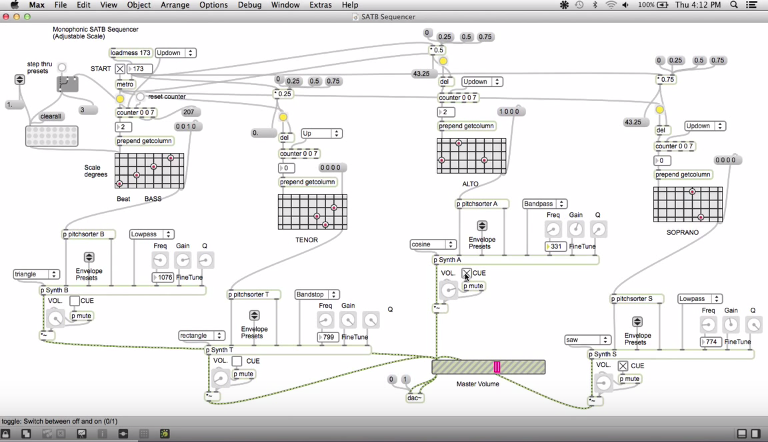
Medicare pays Primary, COBRA pays secondary
Individual is age 65 years or older and covered by Medicare & COBRA:. Individual has ESRD, is covered by COBRA and is in the first 30 months of eligibility or entitlement to Medicare. Consolidated Omnibus Budget Reconciliation Act of 1985 (COBRA) – the law that provides continuing coverage of group health benefits to employees and their families upon the occurrence of certain qualifying events where such coverage would otherwise be terminated. Please see the ESRD page for more information.Ĥ. Individual has ESRD, is covered by a Consolidated Omnibus Budget Reconciliation Act of 1985 (COBRA plan) and is in the first 30 months of eligibility or entitlement to MedicareĬOBRA pays Primary, Medicare pays secondary during 30-month coordination period for ESRD. GHP pays Primary, Medicare pays secondary during 30-month coordination period for ESRD Individual has ESRD, is covered by a GHP and is in the first 30 months of eligibility or entitlement to Medicare. Individual is disabled, is covered by a GHP through his or her own current employment (or through a family member’s current employment) AND the employer has 100 or more employees (or at least one employer is a multi-employer group that employs 100 or more individuals). Individual is age 65 or older, is self-employed and covered by a GHP through current employment or spouse’s current employment AND the employer has 20 or more employees (or at least one employer is a multi-employer group that employs 20 or more individuals):. GHP pays Primary, Medicare pays secondary Individual is age 65 or older, is covered by a GHP through current employment or spouse’s current employment AND the employer has 20 or more employees (or at least one employer is a multi-employer group that employs 20 or more individuals):. Medicare pays Primary, GHP pays secondary Individual is age 65 or older, is covered by a GHP through current employment or spouse’s current employment AND the employer has less than 20 employees:. Working Aged (Medicare beneficiaries age 65 or older) and Employer Group Health Plan (GHP): The following list identifies some common situations when Medicare and other health insurance or coverage may be present, and which entity will be the primary or secondary payer.ġ. The first item listed is the MSP Curriculum document that contains a complete listing of the courses, their descriptions, and course lengths. What is max msp download#
You can access or download these CBTs from the Downloads section below. Medicare is also the primary payer in certain instances, provided several conditions are met.ĬMS has made available a curriculum of computer-based training (CBT) courses that will assist you in understanding the fundamentals of MSP. Medicare remains the primary payer for beneficiaries who are not covered by other types of health insurance or coverage. Primary payers are those that have the primary responsibility for paying a claim. Medicare statute and regulations require that all entities that bill Medicare for items or services rendered to Medicare beneficiaries must determine whether Medicare is the primary payer for those items or services.

The MSP provisions apply to situations when Medicare is not the beneficiary’s primary health insurance coverage.

The MSP provisions have protected Medicare Trust Funds by ensuring that Medicare does not pay for items and services that certain health insurance or coverage is primarily responsible for paying. In 1980, Congress passed legislation that made Medicare the secondary payer to certain primary plans in an effort to shift costs from Medicare to the appropriate private sources of payment. When Medicare began in 1966, it was the primary payer for all claims except for those covered by Workers' Compensation, Federal Black Lung benefits, and Veteran’s Administration (VA) benefits. Medicare Secondary Payer (MSP) is the term generally used when the Medicare program does not have primary payment responsibility - that is, when another entity has the responsibility for paying before Medicare.






 0 kommentar(er)
0 kommentar(er)
